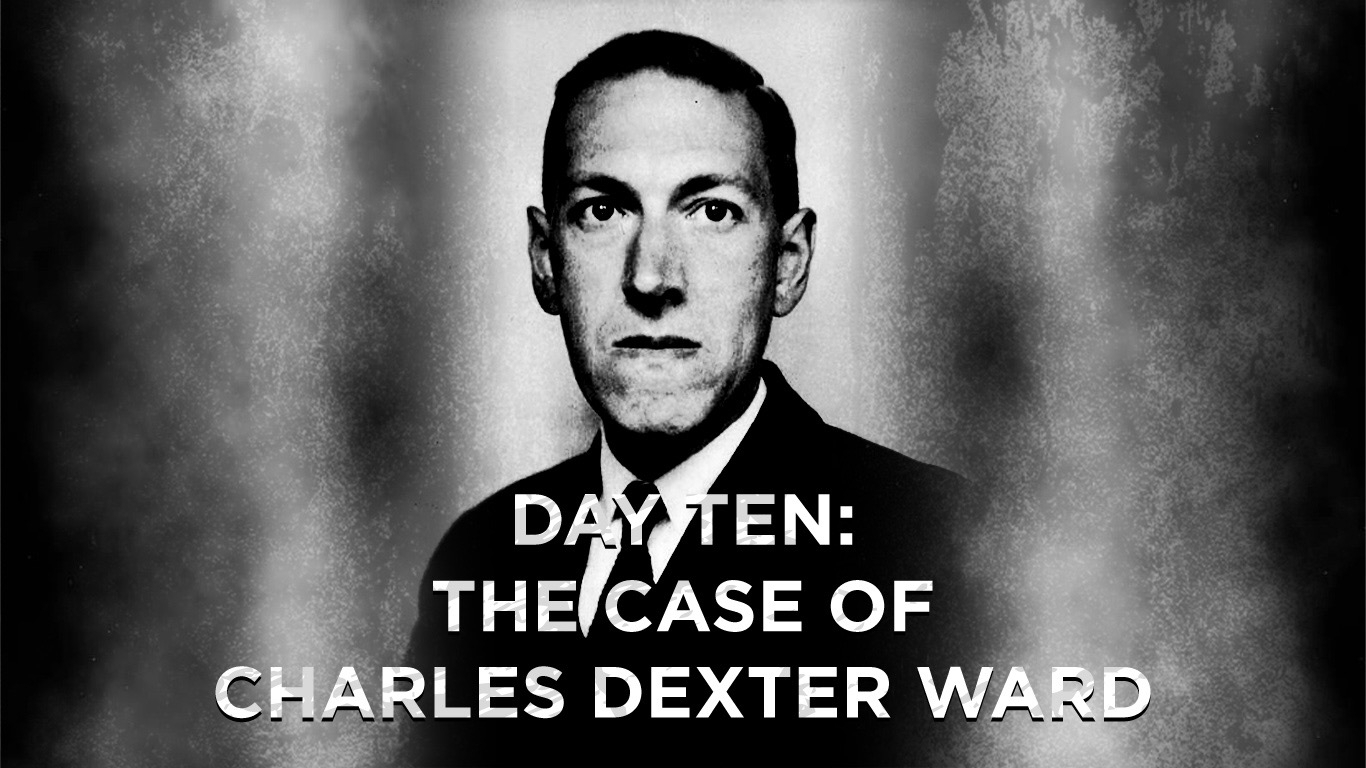The Case of Charles Dexter Ward

In the eldritch gloom of an overcast October dawn, I partook of my renewed ritual—devouring one tale a day from the master of cosmic dread, H.P. Lovecraft. This morning, bathed in the bleak, spectral light that seemed to mirror the very essence of doom, I embarked upon the baleful journey that is “The Case of Charles Dexter Ward.” Indeed, had I waited for the merciless San Diego sun to rise in all its garish splendor, the experience would have been irrevocably tainted, its otherworldly horror dispelled by that damnable orb.
You cannot deceive me, Joseph Curwen, for I know that your accursed magic is true!
The tale itself unfurls like a miasma of ancestral terror. Charles Dexter Ward, the scion of a venerable Rhode Island family, vanishes from a mental asylum after succumbing to madness—a madness rooted in revelations far beyond mortal comprehension. His family doctor, the resolute Marinus Bicknell Willett, delves into the young man’s unsettling descent, uncovering an unspeakable truth. Ward, bewitched by the shadow of his ancestor, Joseph Curwen—an infernal necromancer of the eighteenth century—dared to unearth those ancient and malevolent rites that might summon the dead from their unhallowed rest.
Willett’s investigation drags him into a labyrinthine catacomb, a hellish underworld where Curwen once wrought horrors beyond imagination. There, amidst the nameless whispers and dreadful relics, the doctor uncovers not only Curwen’s return but his infernal pact with necromancers of yore—an alliance that imperiled the very fabric of humanity. Yet, through the dark machinations of fate, Willett unwittingly calls forth a being hostile to Curwen, one that imparts the knowledge needed to unmake the sorcerer.
In the end, it is in the grim confines of the asylum that Willett brings the tale to its calamitous close, dissolving Curwen to dust and obliterating his vile conspirators. Thus does one nightmare cease—yet I, the reader, am left haunted by the cosmic shadow of others still lurking.